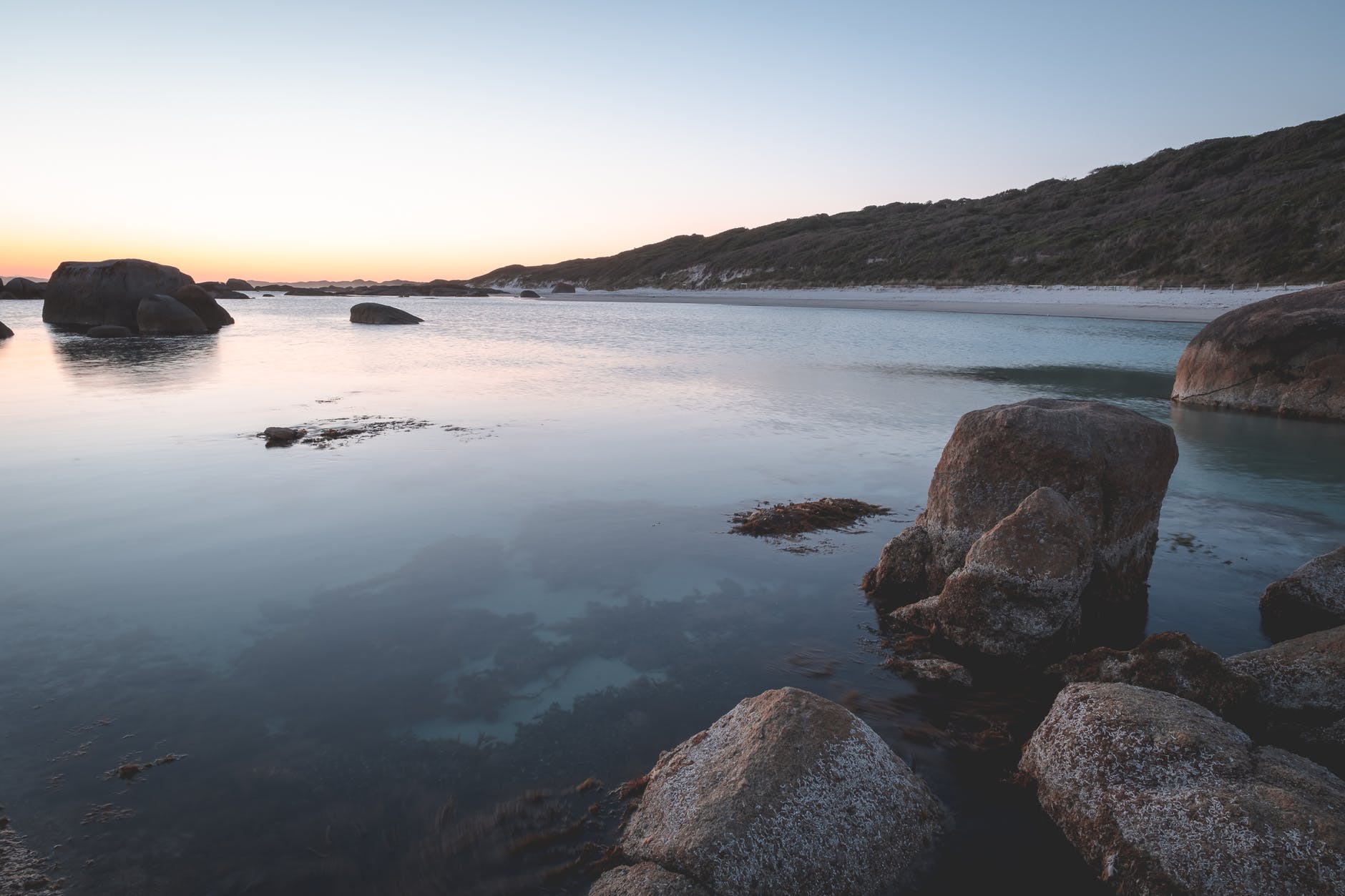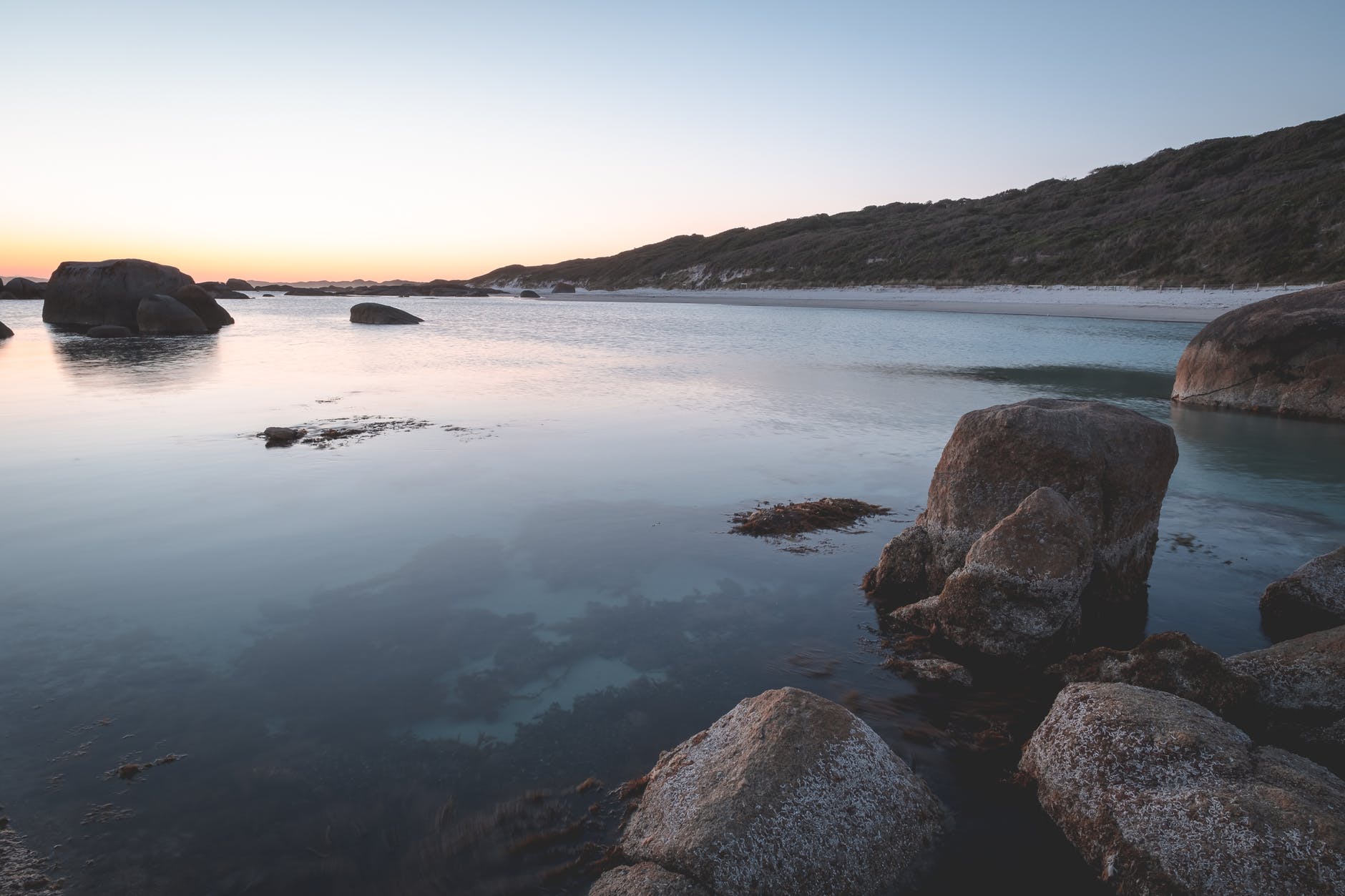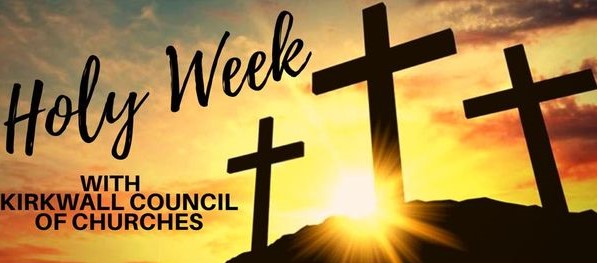
Sermon preached by the Rt Rev Dorsey McConnell
At St. Olaf’s Church, Kirkwall
The Sixth Sunday of Easter, May 22, 2022
Texts: John 14: 23-29; Acts 16: 9-15
It has been a little over three weeks, now, that Betsy and I have been among you. We have been overwhelmed by the warmth and the kindness we have received from you all. Frankly, it still seems a little hard to believe we are actually here. If, five years ago, you had said to me I would be on mission in the Northern Isles, I would not have believed you. But four years ago, God put it into our head we might have a call here. Three years ago, we began discerning that with your bishop, and here we are.
We’re here to support and encourage the churches in Orkney, especially as you explore pioneer ministry, as you think and pray your way through ways to reach out into your community with the love of Christ, and to help you build a fellowship of prayer and discipleship, as well as your partnership with other churches. All good church words, these, but what do they mean and where do we start?
I will tell you up front we don’t have a master plan, which should be a relief to you, except to listen with you for God’s plan, which always begins in the love of the Father and the peace of Christ. That’s especially important for a diocese that is going through a season of pain and division, as this diocese has been. It is important when parishes find themselves shaken by declining resources, because the Lord’s answer in all these circumstances is always the same. First, Peace be with you, and then, Follow me. So let us begin there, where Jesus begins in this Gospel text.
Especially over the last several weeks, with the terrible war in Ukraine always on our screens, I have been trying to understand what Jesus means by peace. He uses the word a lot. He promises peace, he gives peace. According to the author of Ephesians, he is peace, our peace, who has broken down the wall of hostility– between Jew and Gentile in this case, but also between us and whomever we think to be our enemy. It’s a bold claim.
When I look around, I don’t see much evidence to support it. Human beings have a bad record of tearing each other apart, especially in the name of Jesus, the Prince of Peace. But just because people trample underfoot God’s good gifts, doesn’t make them any less good or any less a gift. And despite all my questions, or perhaps because of them, I find I need this peace, more than ever the older I get: peace that will ease my worries, calm my fears, and give me confidence in God’s way with me. So, when I hear Christ say, once again, Peace I give to you, my own peace I leave with you, I am all ears.
The first thing I notice is Jesus careful distinction: not as the world gives, do I give peace to you. He makes it even clearer a bit later: In me you have peace, in the world you have tribulation. In other words, don’t get confused. When we use the word peace in everyday life, we generally mean the cessation of hostilities, an equilibrium in human affairs, an agreed upon absence of war. But even that kind of worldly peace is laced with tribulation. I grew up in a military family. My father was a general in the United States Air Force, and for years we lived on bases that were the home of America’s nuclear deterrent. Every B52 strategic bomber had the motto of the Strategic Air Command emblazoned on its fuselage. When, as a little boy, I was learning to read, the words of that motto were among the first I could make out: peace is our profession. I get it: it certainly is better than war, but the success of this peace depends on the threat contained in the belly of those airplanes, on stored tribulation.
So, no, the mere task of restraining violence is not what Jesus is aiming for. He wants a peace much greater, much more beautiful and hopeful, to be what fills our hearts. He wants this peace to become the air we breathe, the world we walk in. He wants it to fill our thoughts, and guide our words, and underlie our actions. And if I want it— and I very much want it—then I need to know where it comes from. Because according to Jesus, it is not only a gift, it is a fruit that has its roots in the most remarkable and beautiful reality the world has ever known, and that is the love of God, poured out in the Cross, made real in the Resurrection: as the Father has loved me, the Lord says on this same evening, so have I loved you, abide in my love,… so that you may have my peace.
These are not just words; they are both promise and invitation. As the Father loves Christ, so Christ loves us— infinitely, unconditionally, irresistibly. We can refuse to love him, but we cannot stop him from loving us. And it is that love that fills us with power to keep his commandments— to love one another as Christ loves us.
Now, I know this is a tall order, I fail at it all the time, I am a work in progress just like any other mortal, but Jesus is absolutely serious about this project, about loving me so completely that he and the Father come and make their home in me, and love others through me, until I find myself loving others as Christ loves me, even starting to love people whom, frankly, I don’t even like. When you begin to have compassion for those who trouble you, when you see them as human souls caught up in the same currents of fear, hurt and mistrust that bedevil us all, that is when you know the Gospel is starting to work in you. And as that happens, a new world begins to open in front of you. You get glimpses of the glory of God. You start to see possibilities you could not see before. You see the Holy Spirit doing things infinitely greater than anything you had planned. You begin to live in the peace of Christ.
That is the only explanation for the story of Paul and Lydia, part of which we just heard. The background is this: Paul, in the middle of his second missionary journey, has a plan. He is in Asia Minor, the area that is now modern Turkey, and he is heading north, full of evangelistic zeal. We don’t know exactly what happened— the author, Saint Luke, is a little mysterious about it— but he says the Holy Spirit not only prevented them from entering the northern coastal region of Bithynia, but also forbad them to speak the word as they headed west. Now Paul the apostle was nothing if not stubborn, but even he got the message, though it must have been hard for him to head west on foot for four hundred miles, not preaching to a soul, until he came to the port of Troas. There he waited. And there he had a dream, of a man from Macedonia saying, “Come and help us.”
You can practically hear Paul and his company’s delight in having a clear mission once again, so off they go— they sail to Samothrace, spend the night, on to Neapolis the next day, get off the boat, walk the nine miles or so to Philippi and there: nothing happens. Luke notes they stay several days, but it seems they never actually meet a man from Macedonia. In fact, they apparently don’t meet any men at all. There’s no synagogue in Philippi, so, on the sabbath, they head for the alternative— a place of prayer by the river where Jews generally meet. But when they get there, instead of the ten men required for sabbath prayers, they find a gathering of women.
By now Paul must be scratching his head as to what God is up to, but he just goes with it. Paul and his company sit down and have a conversation with the women. Of course, it’s about Jesus, about the forgiveness of sins, the Cross, the Resurrection. It must have been a little awkward. Luke often cites the number of souls added to the Lord through such encounters, but there is no such language here. There is only one person mentioned, a gentile woman named Lydia.
Lydia is a person of consequence: she is a merchant, a dealer in high-end fabrics, born and raised in Asia, but also with a considerable household in Philippi. She is a worshipper of God, probably familiar with the promises of Hebrew Scripture, and when she overhears Paul’s discussion, she knows that this word concerning Jesus is what she has always been looking for, the love that will finally bring her peace. She makes an executive decision, brings Paul to her house, they talk some more, until she is ready to be baptized and, in the end, Paul can only step back and marvel at what God has done.
So, let us take it in as well: God blocked Paul’s way, dragged him more than four hundred miles west into Philippi, so Paul could meet the sister that God had in mind. Then Paul leaves and Lydia stays. And with her household the Lord establishes the first Church in Europe and at the same time in Lydia finds a missionary for Asia, who knows the language, the customs, who has business connections, in other words is a more effective missionary for Asia than Paul probably could ever have been— all for the sake of extending the peace of Christ through the love of the Father.
And that is where we, Betsy and I, your missionaries, begin with you. In October, we will leave, and you will stay, but what will happen with us all in between is known now only to the mind of God. One thing, however, is certain, and it is this: what God will make of this time, what fruit he will bring forth both in your lives and in ours, will be greater and more beautiful, than any human plan could imagine.
If only we will let God turn our hearts towards him, towards each other, and towards the world he loves, what might we become?– as we learn together the depth of the Father’s love, continue to be filled with the peace of Christ, see the outlines of the new world that is even now breaking forth, and follow our risen Lord Jesus there, where he will certainly lead us. To him be honor and glory, and power and majesty, now and forever. Amen.


